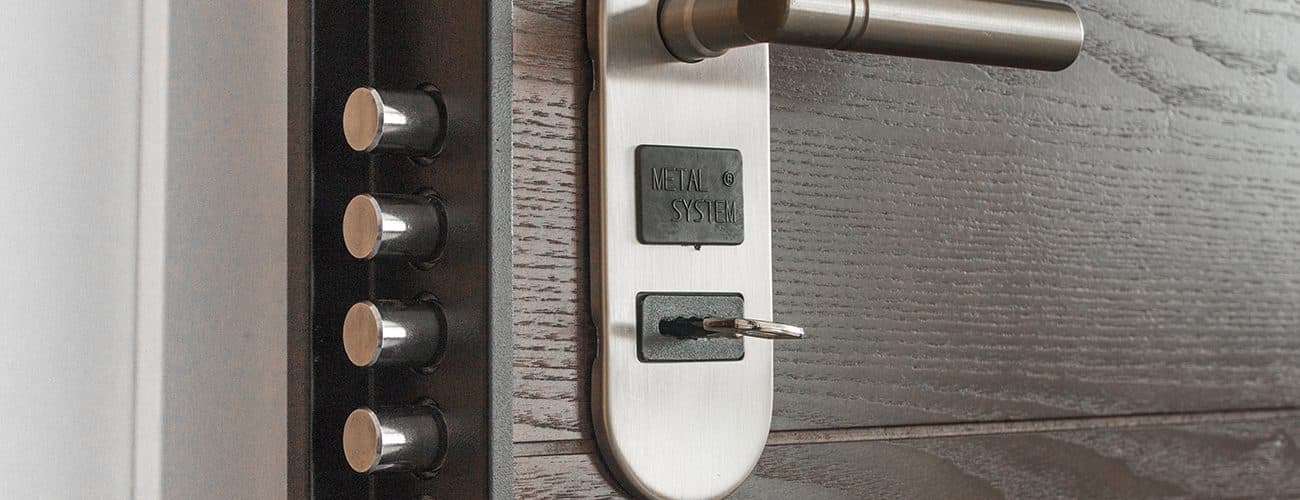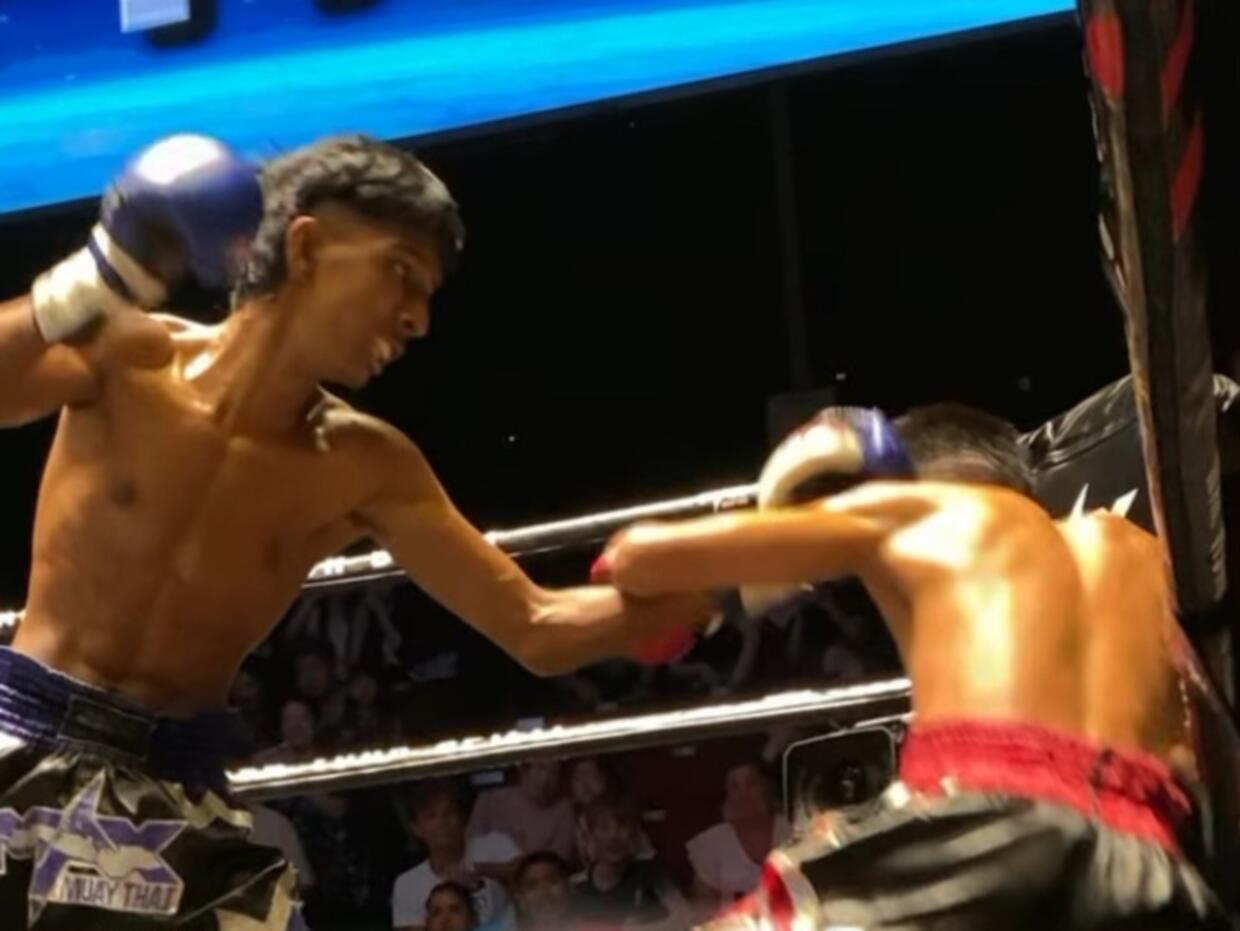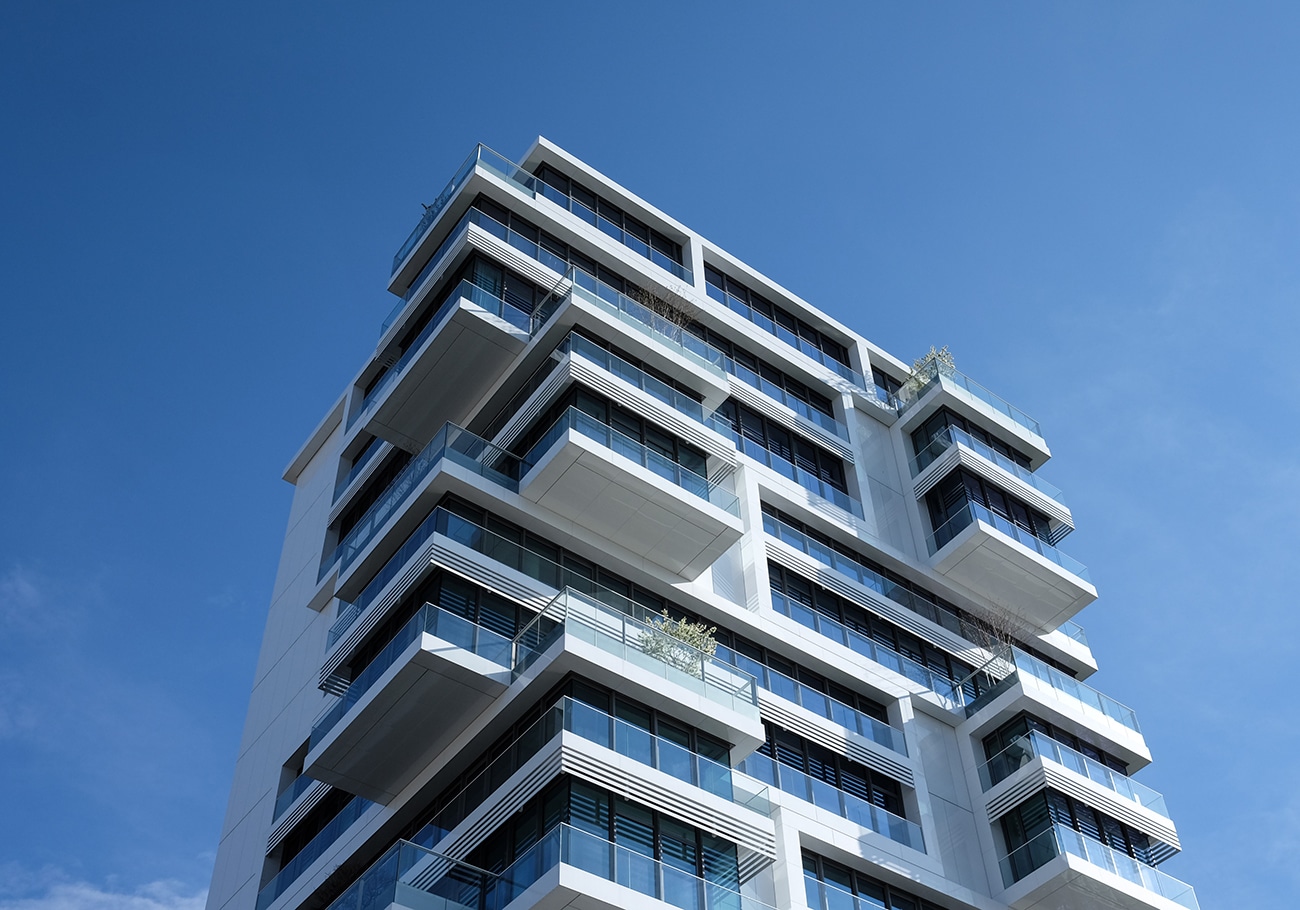
Penang has recently implemented a ban on all forms of short-term rental accommodation (STR) within private residential properties on the island. Free Malaysia Today reported that the ban includes popular platforms such as Airbnb and Booking.com but exempts certain commercial property types.
Meanwhile, The Star reported that the Malaysia Budget and Business Hotel Association (MyBHA) completely supports the move. However, Airbnb has expressed concerns about its impact on the state’s economy.
Additionally, the Seberang Perai City Council (MBSP) has introduced regulations for STR operators on mainland Penang.
Penang’s ban on short-term rental accommodation
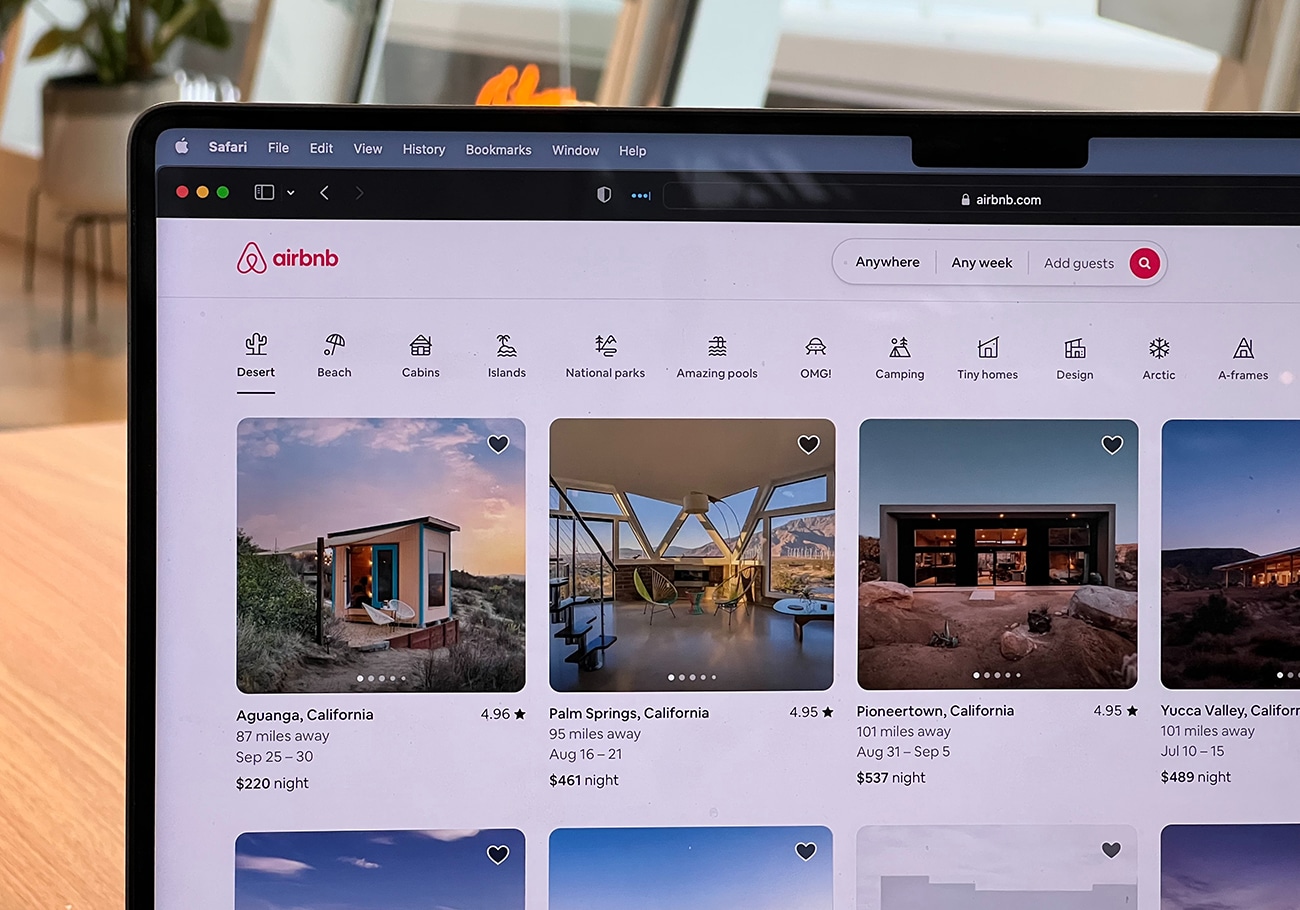
Effective immediately, Penang has issued a ban on all forms of short-term rental accommodation within private residential properties.
However, the ban excludes six commercial property types: serviced apartments, small office flexible offices (SoFo), small office home offices (SoHo), small office virtual offices (SoVo), duplex offices, and office suites.
Those who wish to offer STRs in these commercial properties must obtain approval from their respective management corporations (MCs) or joint management bodies (JMBs). Approval requires a 75% majority vote from other residents during an annual general meeting.
Approved STR operators will be subject to an annual fee ranging from RM250 to RM500 per unit and a one-time security deposit of RM1,000 to RM3,000. Furthermore, the ban limits each unit’s rental period to a maximum of 180 days per year, with a maximum of three rental days per week.
Airbnb’s criticism and MyBHA’s Support
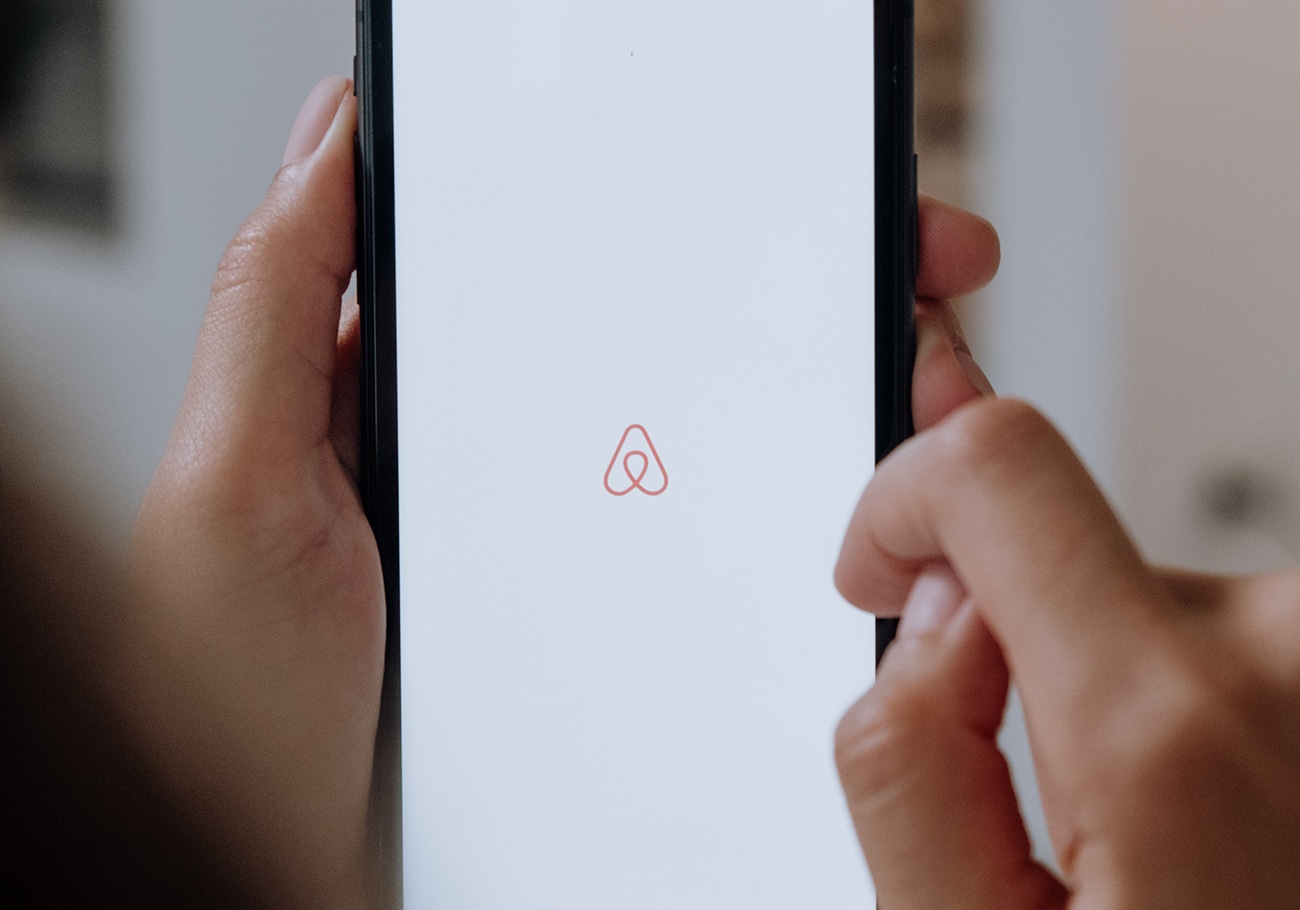
Airbnb has voiced its criticism of the newly imposed restrictions, expressing concerns about their potential impact on the state’s economy. The platform argues that the ban on STR accommodations could have adverse effects on Penang’s tourism and hospitality industry.
On the other hand, the MyBHA fully supports the Penang government’s move to regulate short-term rental accommodations on the island. The MyBHA president Datuk Seri Ganesh Michiel believes that the regulation of the STR business will have a positive impact on the state’s hospitality and tourism industry.
Ganesh emphasizes that this move will not only enhance the quality of services but also increase the government’s taxable income through hotel fees. MyBHA encourages other state governments to adopt similar regulations to ensure fair competition and support the industry.
Regulations for STR Operators on Mainland Penang

Following this, Seberang Perai City Council (MBSP) has introduced regulations for STR operators on mainland Penang, reported Free Malaysia Today.
While there is no ban on short-term rental accommodations, such as those provided via Airbnb, on the mainland, operators of existing STRs in apartments or condominiums must register with the MBSP and comply with regulations similar to those governing commercial outlets.
The guidelines outline the requirements for STR operators, including a security deposit of RM1,000 to RM3,000, registration fees ranging from RM100 to RM250, and an annual fee of RM250 to RM500. Approval from fellow apartment or condominium owners, with a 75% majority vote at the joint-management bodies’ annual general meeting, is necessary
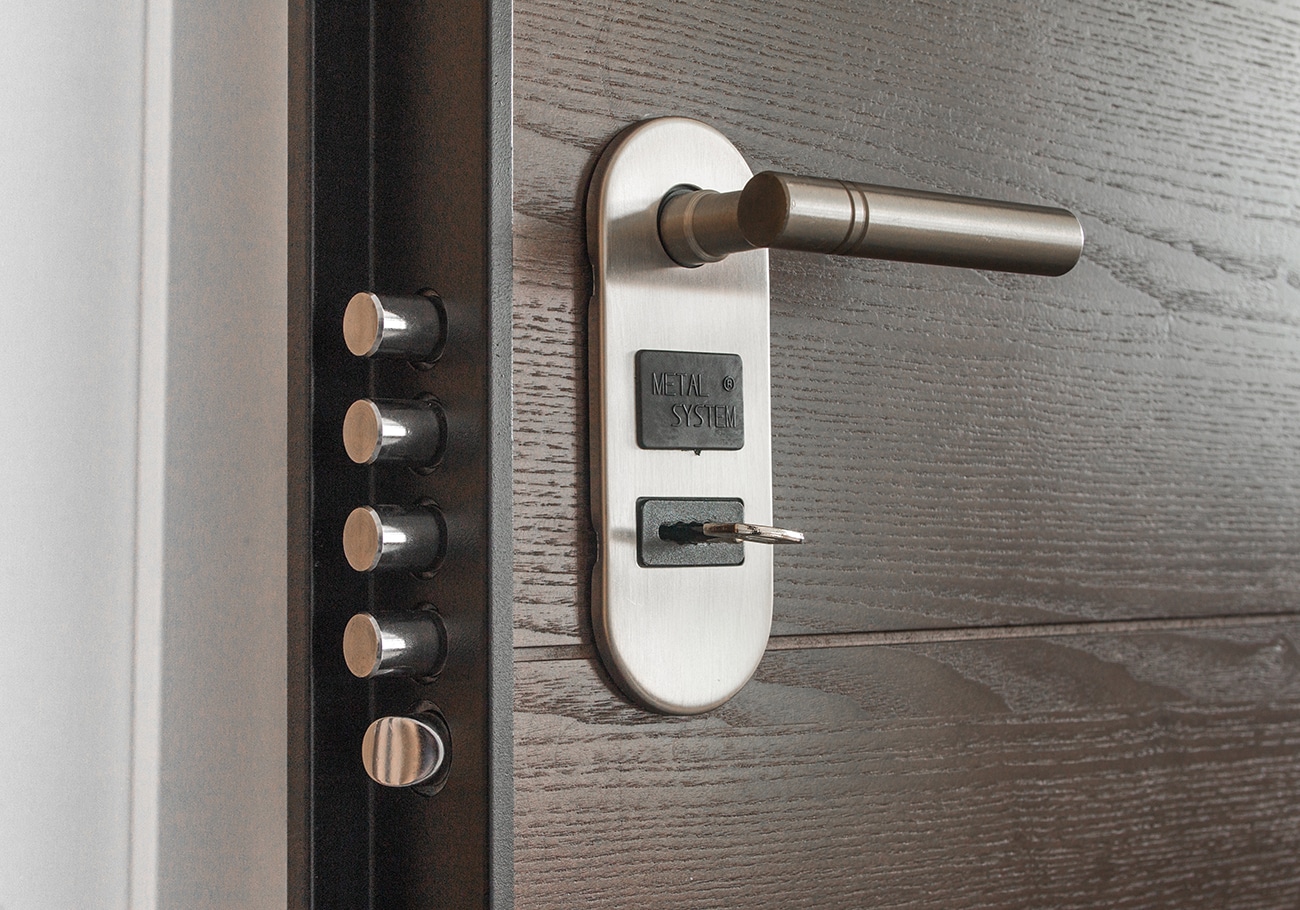
Landed property owners hoping to use their properties as STRs must pay all fees and the security deposit to MBSP. The final decision to allow STRs in landed properties rests with MBSP, requiring approval from various departments such as town and country planning, building, and fire and rescue.
STR operators must meet specific safety and structural requirements, including appropriate lighting, ventilation, and railings similar to commercial buildings.
As the new regulations take effect, it remains to be seen how they will shape the STR industry and contribute to the overall tourism landscape in Penang.


